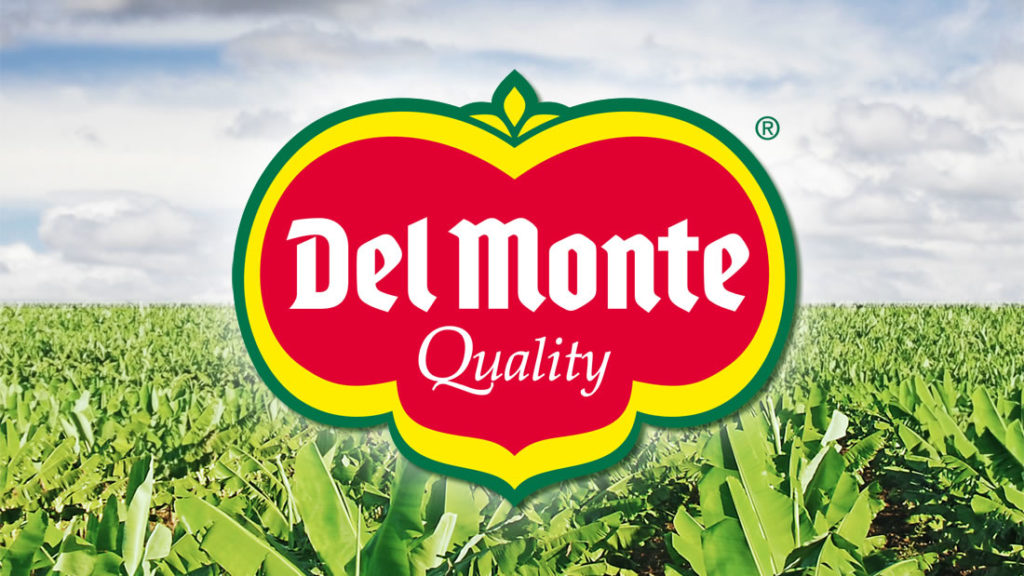Del Monte
The need for integrated supply chain performance management
During the spinoff of Del Monte Foods from its parent company, Del Monte lost its integrated supply chain performance management system. For a company operating in a low-margin capacity, it was imperative for Del Monte to create visibility into controllable expenses at each level of the supply chain to drive cost savings.
Saving time to add value
Like many other companies, Del Monte had been relying on a traditional spreadsheet-based approach to keep track of different segments of its businesses. However, with increasingly large volumes of data, resource turnovers and reorganizations, the company found that it was spending large amounts of time troubleshooting these spreadsheets. This caused delays for business users, who need to use the data for cost analysis and creating future budgets. Moreover, to add value, the business users needed more detail than the spreadsheets could provide, and lacked the ability to analyze the data and run multiple scenarios in a timely manner at each supply chain level.
After careful research, Del Monte decided to implement IBM Cognos TM1 software to integrate SAP Enterprise Resource Planning (ERP) data for budgeting and forecasting. However, despite many months of development, this solution was never fully accepted by business users. The key reasons cited for the eventual failure included complex requirements that weren’t vetted out by the TM1 developers, a steep learning curve that hampered users from making post- implementation changes, and the resulting rigidity of the product. Del Monte eventually shelved the TM1 implementation and went back to its old spreadsheets.



